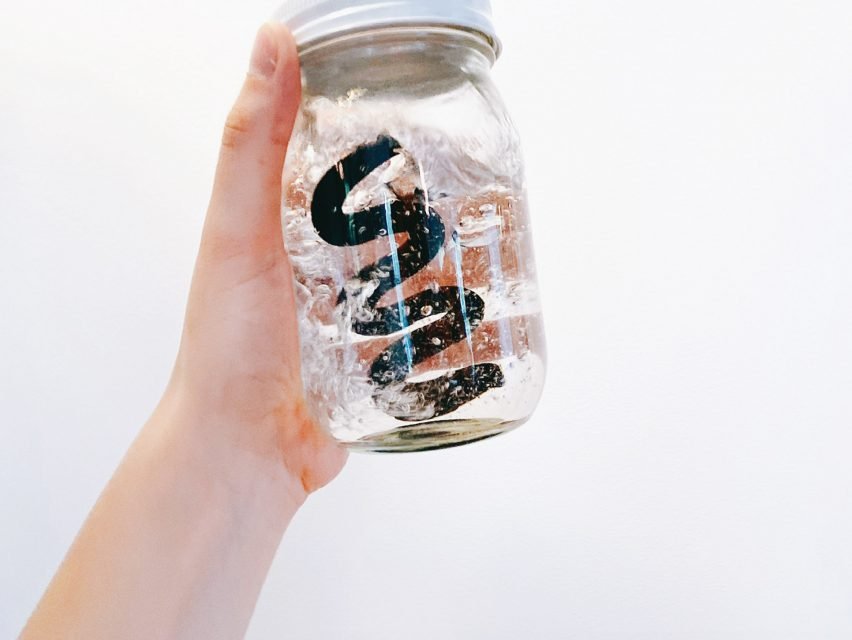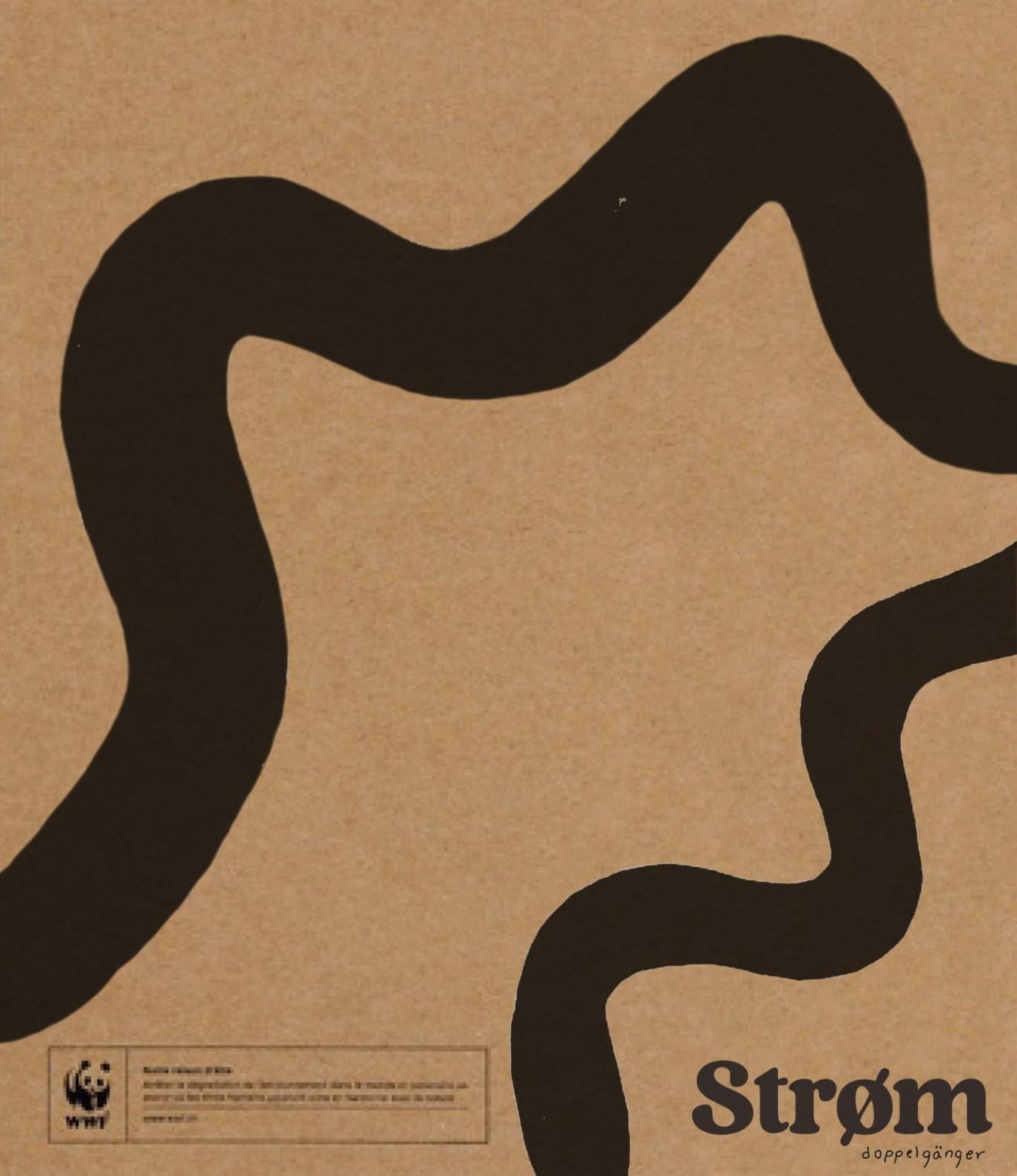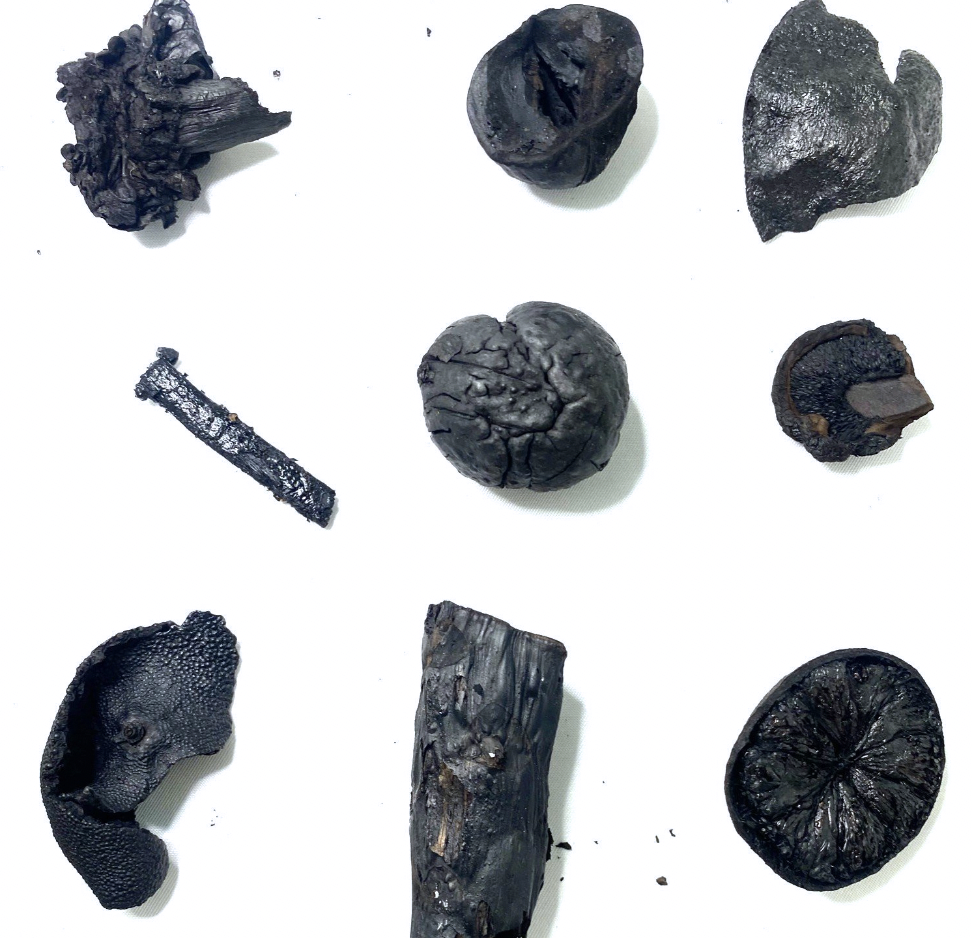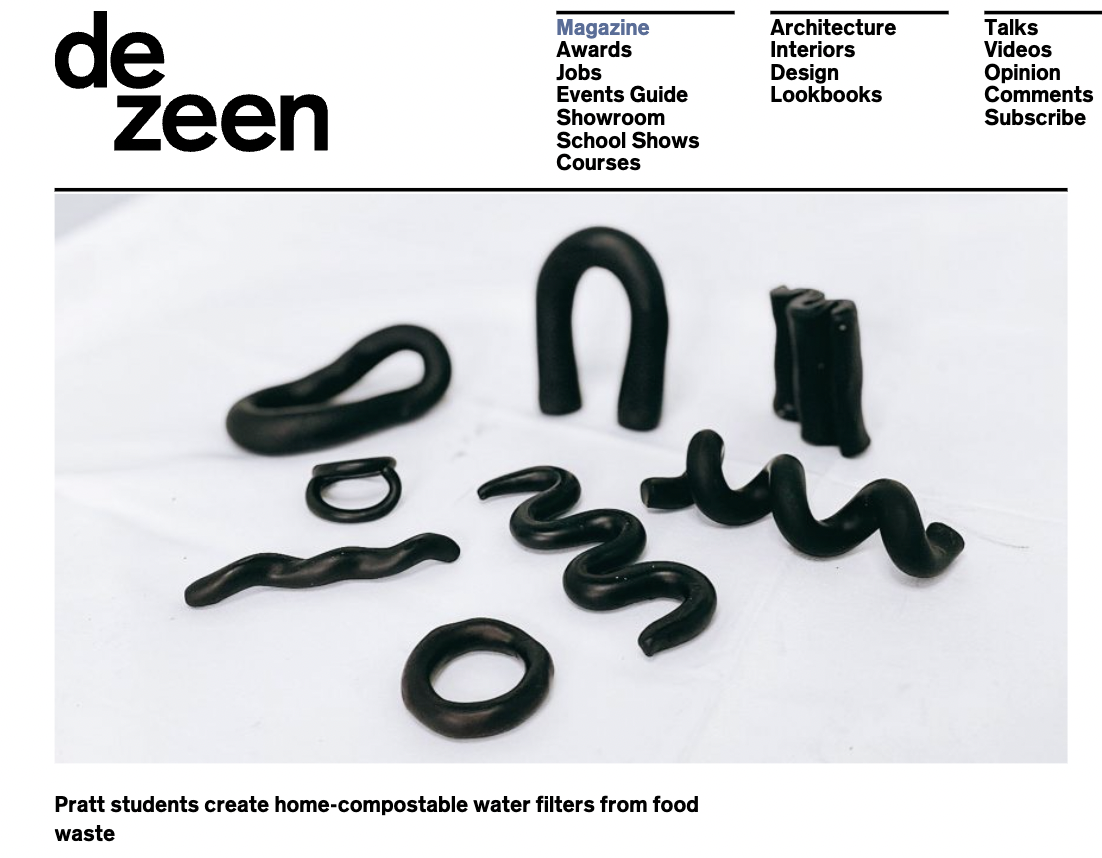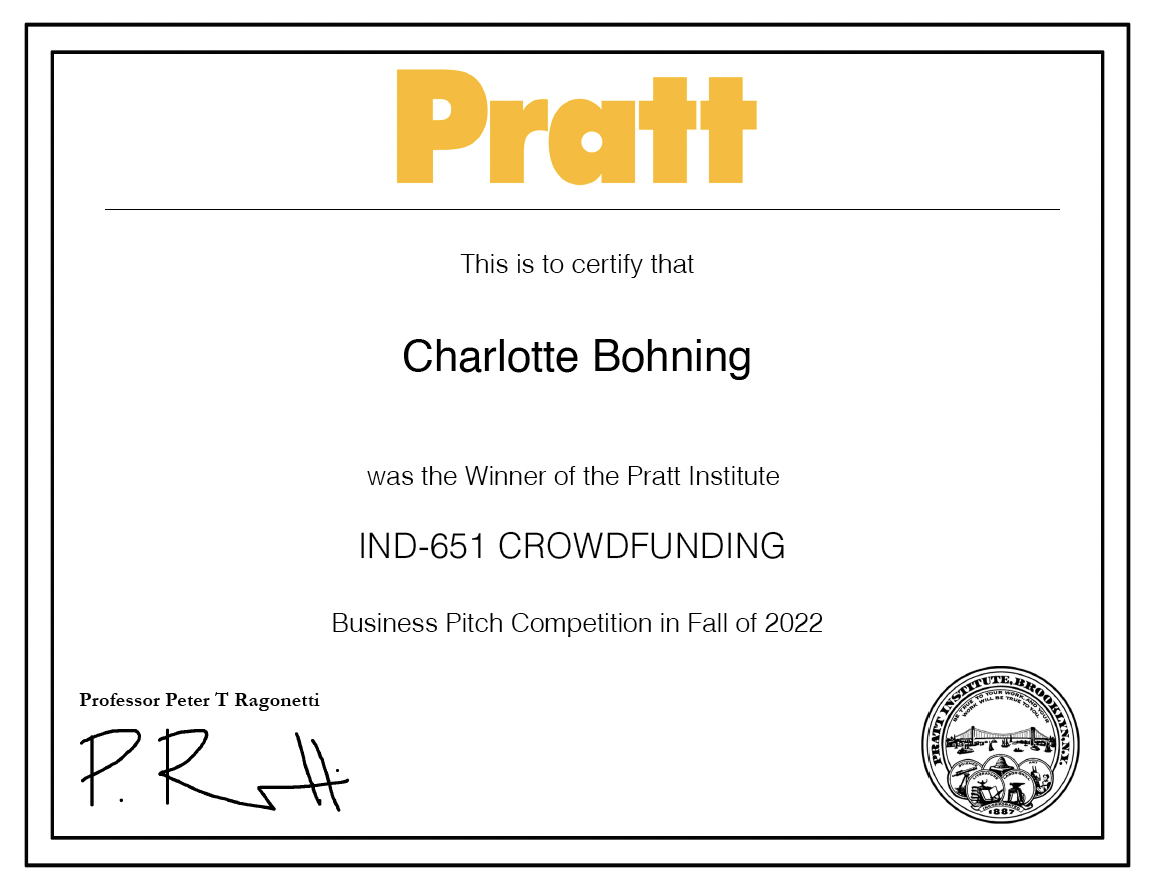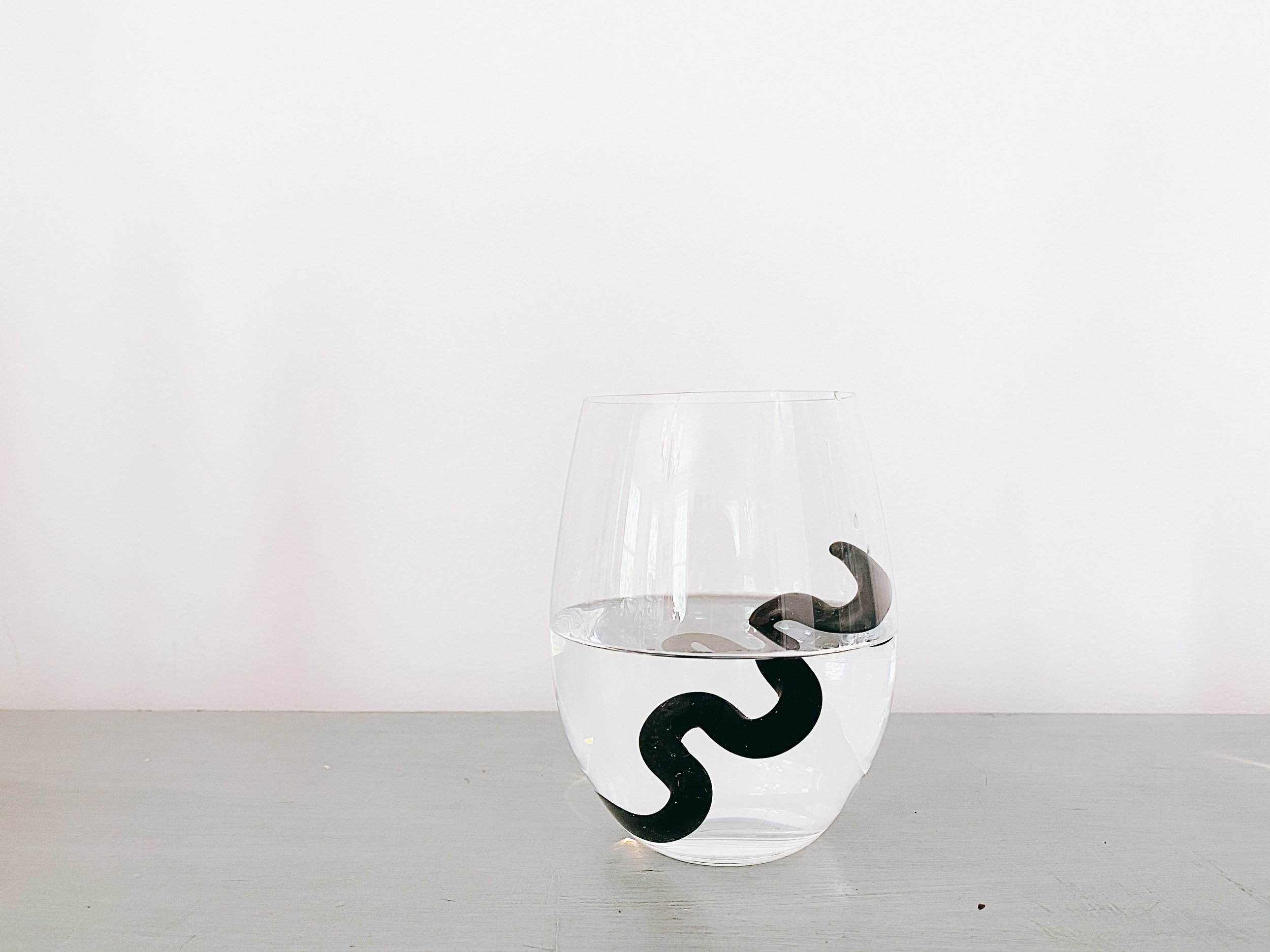
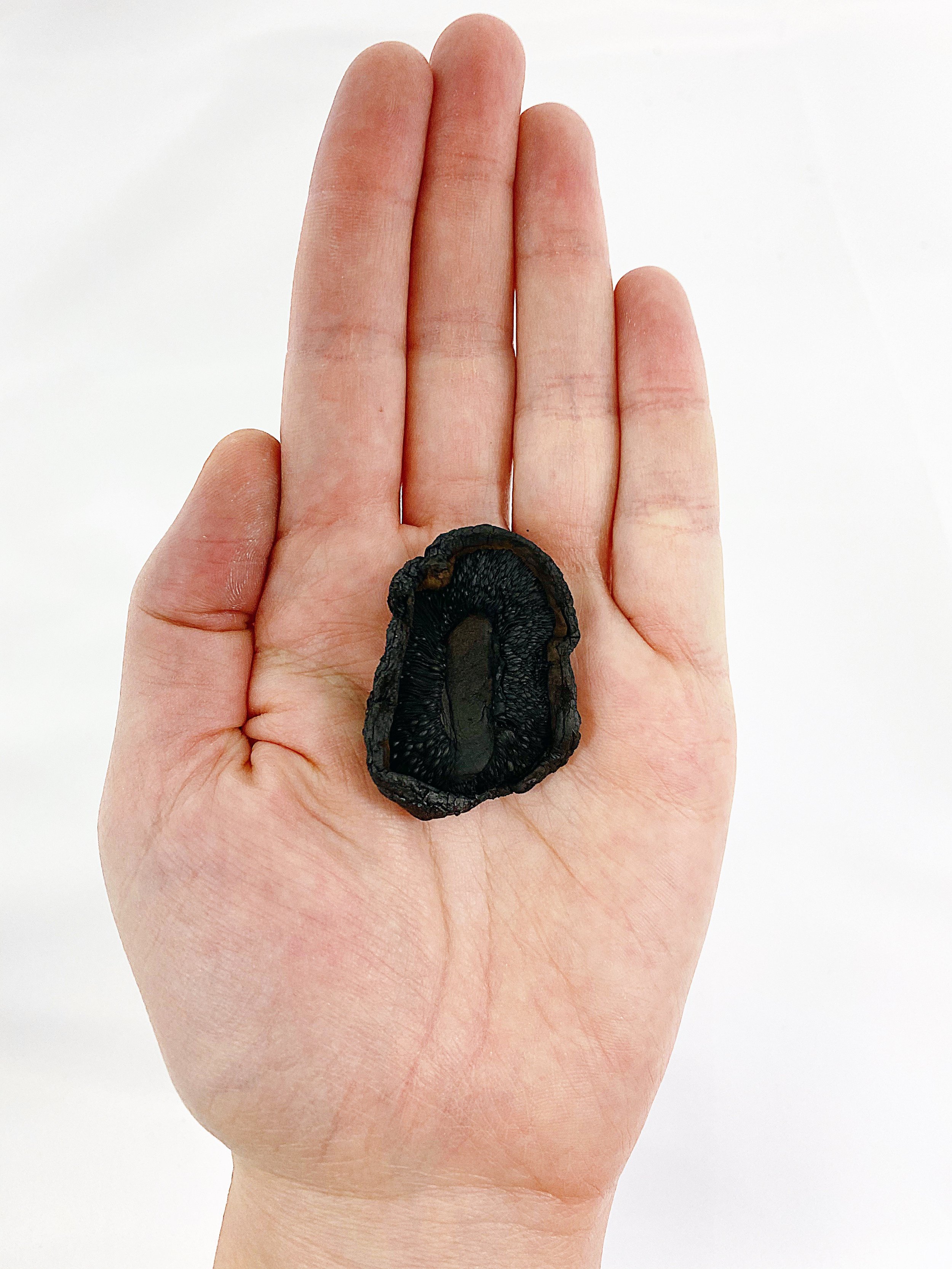
Although most Americans have access to safe drinking water, harmful contaminants remain in tap water in every state. Many households use polypropylene Brita cartridges to purify water, which have a recommended lifespan of 2-6 months.
Because the material’s longevity does not align with the product’s lifespan, the plastic remains on our planet, resulting in microplastics that pollute water systems.
Our project reconsiders the material that interacts with water and how form (via surface contact and embedded filtration systems) can improve water quality. The central goal is to reduce plastic waste associated with water purification while exploring net-positive product life cycles.
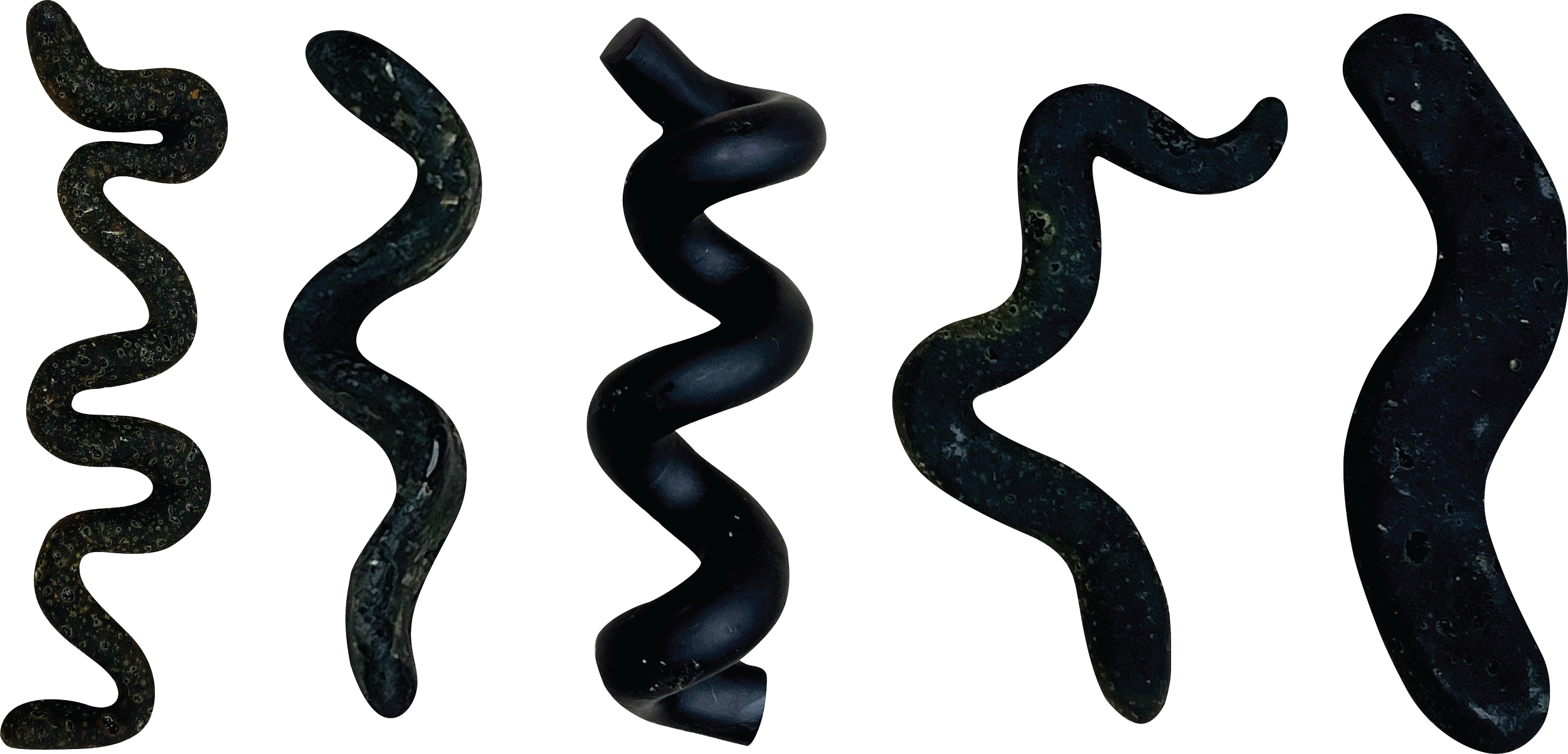
Pratt Material Lab Grand Prize
Featured in Dezeen Magazine.
Meet the Team
Charlotte Böhning
Mary Lempres
Other Recognition



